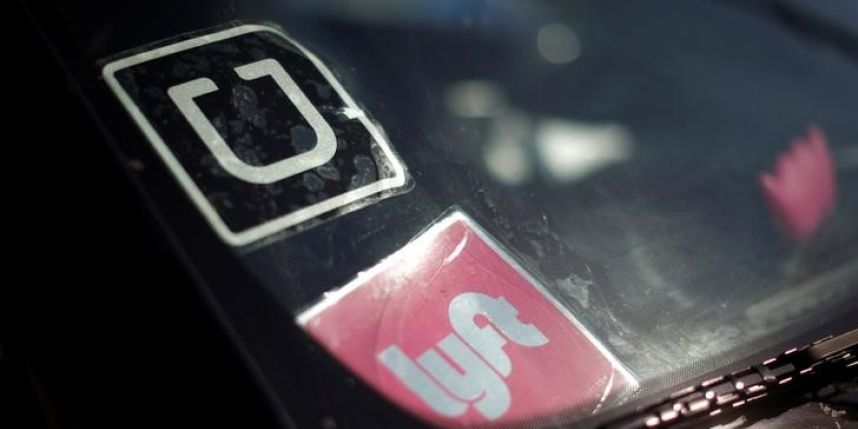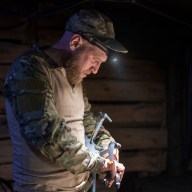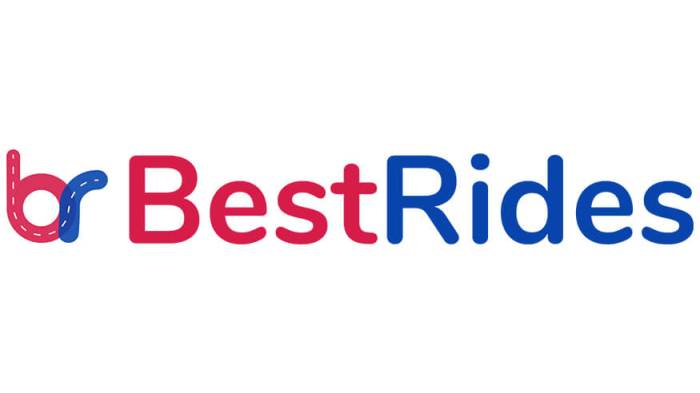Calling a ride via an app on your phone has become so easy it’s second nature, but how safe do you actually feel when you get into a stranger’s car?
On Friday, the Department of Public Utilities will begin conducting state-approved criminal background checks on all Uber and Lyft drivers. The companies say they already perform background checks on their drivers. Drivers will be screened using Criminal Offender Record Information (CORI), which is a record of all Massachusetts criminal court appearances someone has made for arrests, convictions, dismissals and other violations. The check will also determine whether a potential driver is a registered sex offender. But how helpful will this be?
Gina Scaramella, executive director of the Boston Area Rape Crisis Center (BARCC), said that in her experience, CORI checks, as well as the sex offender registry, are pretty ineffective when it comes to incidents of sexual assault. “Because it is so rare to be convicted [of sexual assault] and be on a registry, in terms of the number of total incidents, that can’t stand alone by any means,” she said.
Sexual assaults are commonly underreported and thus underrepresented in the number of convictions, she said.
However, a few cases involving drivers have made it to court.
In August, an Uber driver was charged with raping a 16-year-old girl in Everett. “After understanding some of the details in this case I am concerned that not enough is being done to properly screen drivers,” Everett Chief of Police Steven Mazziesaid at the time. “The public should use caution when using these ride sharing programs.” In September, an Uber driver was charged with sexual assault in Dorchester. Scaramella said that BARCC has “absolutely” had people come in to seek counseling after being assaulted while in a ride-hailing situation. She has also been in conversations with the Boston Uber office directly about this concern. “We found the Boston Uber folks to be very receptive to our thinking and ideas and concerns about the incidences that have come up” she said.
Scaramella commended Uber for the safety changes they’ve made on their app — like sharing your estimated arrival time with a friend — but said these efforts focus on what the passenger should do, rather than what the company itself should be doing to ensure safety. The September charge came one month after Gov. Charlie Baker signed the law to enact statewide regulations for transportation network companies, such as Uber and Lyft. The law, which describes the regulations as “the strongest state background check requirements in the nation,” does not require fingerprinting.
In the Commonwealth, it’s up to individual municipalities to determine taxi-driver regulations. In Boston, fingerprinting is required for all cab drivers. Some think that should be a requirement for Uber and Lyft, too. “The legislation, as far as we are concerned, is not adequate and certainly not equal to what cabs deal with,” said Donna Blythe-Shaw, a former representative of the Boston Taxi Driver’s Association. A spokesperson for Lyft said that the company’s background checkson its drivers are “comprehensive and rigorous, pulling data directly from up-to-date national and local court databases.” There are about 25,000 people currently driving in Massachusetts through Uber and Lyft, Baker said on WGBH in November. In an agreement the two ride-hailing companies reached with the state, background checks on all drivers must be completed no later than April 3. “What the public wants is for us to get everybody processed as quickly as we possibly can and I think we’ll probably have everybody processed over the course of the next three or four months,” Baker said on WGBH. “For people who come up with the wrong data on their background checks, we’ll do the appropriate thing with them. But this was our way of trying to make sure this happened a lot sooner and a lot more quickly than it might have otherwise.”
What you need to know about the new Uber and Lyft background checks

Reuters


















